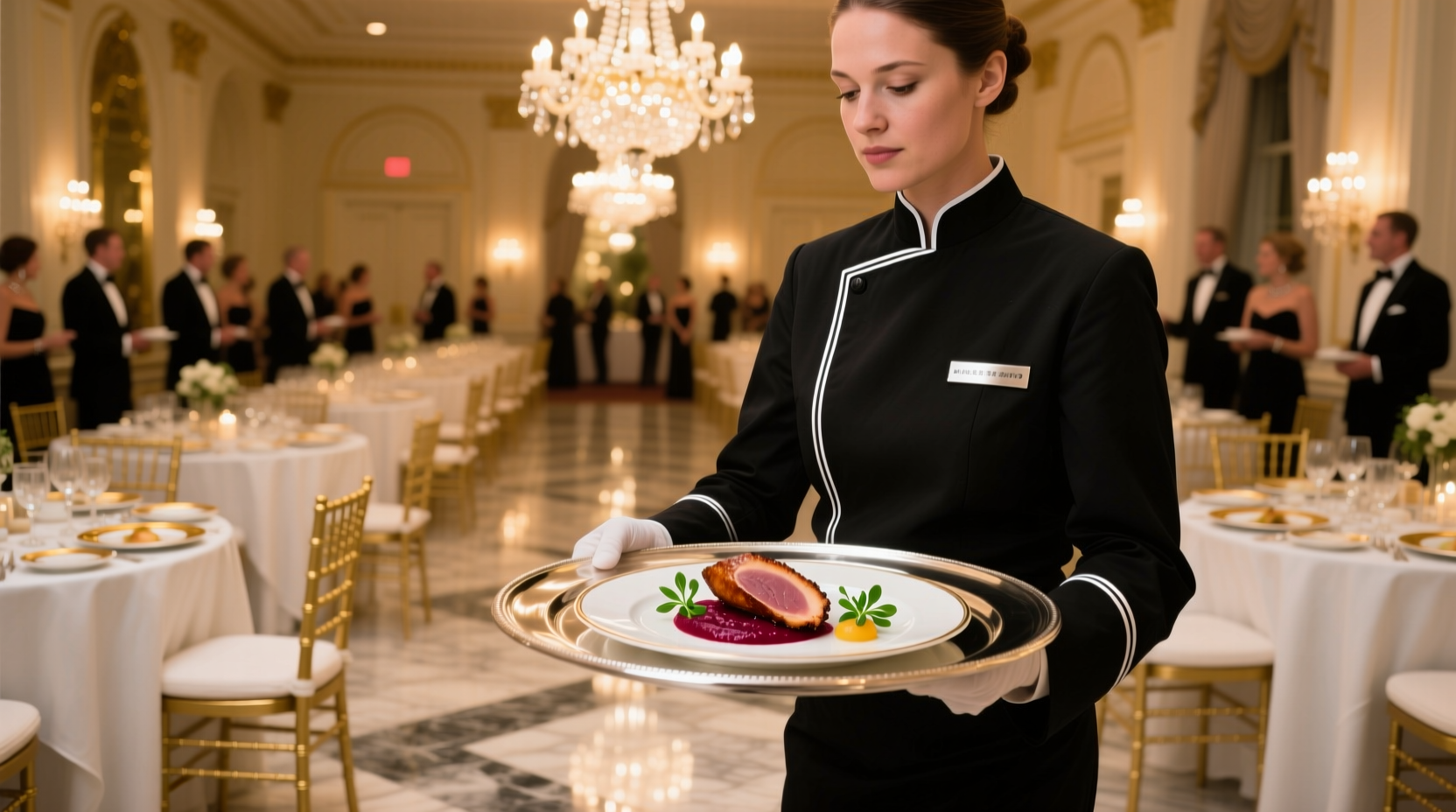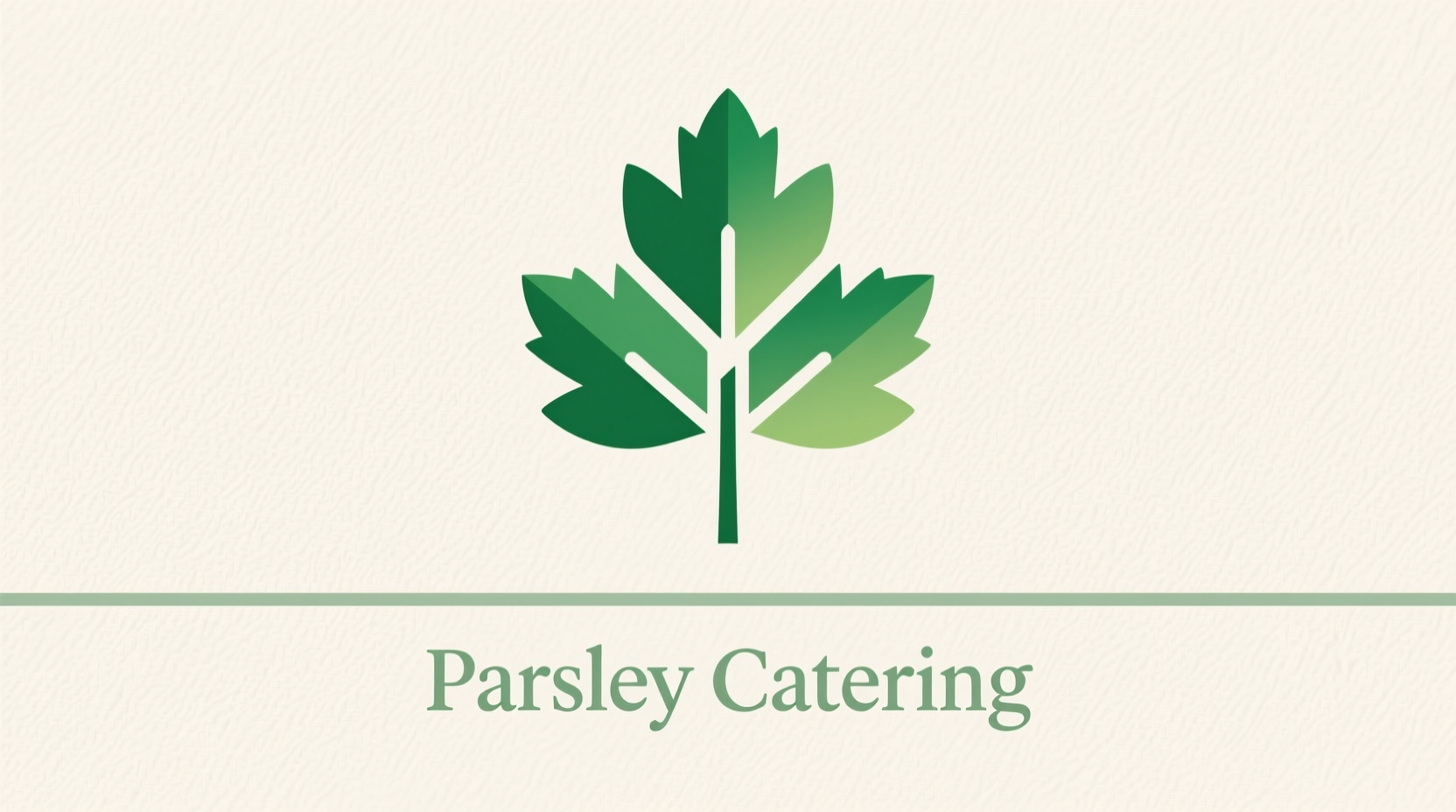Choosing the right catering service can make or break your special event. Whether you're planning a wedding, corporate function, or intimate gathering, understanding what separates exceptional catering providers from average ones is crucial. This comprehensive guide walks you through the evaluation process with actionable insights that go beyond basic menu offerings.
Understanding Your Catering Requirements
Before contacting potential caterers, clarify your specific needs. Successful event planning starts with understanding your non-negotiables versus flexible elements. Consider these factors:
- Event type and formality - Corporate events require different service styles than weddings or casual gatherings
- Guest count accuracy - Reputable caterers need precise numbers 72 hours before service
- Dietary accommodation capacity - How many specialty diets can they handle simultaneously?
- Budget parameters - Including service charges and gratuity expectations
According to the National Restaurant Association, 78% of event planners cite dietary accommodation capabilities as their top consideration when selecting caterers. This statistic underscores why specialized menu planning expertise matters more than ever in today's diverse culinary landscape.
Evaluating Catering Service Quality
When assessing potential catering partners, look beyond the tasting menu. Professional caterers demonstrate excellence through multiple touchpoints:
| Evaluation Criteria | Professional Standard | Red Flags |
|---|---|---|
| Food Safety Certification | Current ServSafe certification for all staff | Unable to provide documentation |
| Staffing Ratio | 1 server per 15-20 guests for plated events | Vague staffing commitments |
| Equipment Quality | Commercial-grade chafing dishes with temperature control | Reliance on disposable warming units |
| Contract Clarity | Itemized pricing with cancellation policy | Vague terms or verbal agreements only |
The timeline of catering industry standards shows significant evolution in the past decade. Where once basic food safety was the primary concern, today's professional caterers must demonstrate expertise in allergen management, sustainable practices, and cultural dietary accommodations. The ServSafe Food Handler Guide (9th Edition) now includes specific protocols for cross-contamination prevention that all reputable caterers should follow.

Essential Questions to Ask Potential Caterers
During your consultation, these questions reveal a caterer's professionalism and capability:
- "Can you provide references from three events similar to mine in scale and type?" - Verify they have recent experience with your specific event format
- "How do you handle last-minute guest count changes?" - Professional caterers have clear policies for adjustments
- "What's your protocol when a guest has an allergic reaction?" - Safety procedures indicate professionalism
- "Do you have liability insurance, and what does it cover?" - Essential protection for both parties
- "How do you manage food temperatures during service?" - Critical for food safety compliance
According to the Centers for Disease Control and Prevention (CDC), improper temperature control accounts for 39% of foodborne illness outbreaks at catered events. This statistic highlights why temperature management protocols should be non-negotiable in your evaluation process. The FDA Food Code specifies that hot foods must remain above 140°F (60°C) and cold foods below 40°F (4°C) to prevent bacterial growth.
Understanding Catering Contract Essentials
A comprehensive catering contract protects both parties and sets clear expectations. Key elements include:
- Exact menu specifications with ingredient sourcing information
- Payment schedule with deposit requirements
- Cancellation policy with force majeure clauses
- Overtime charges for extended events
- Staffing details including arrival and departure times
- Equipment included in the base price
Industry data from the International Live Events Association shows that 62% of event disputes stem from unclear contract terms. This underscores the importance of having a detailed, written agreement rather than relying on verbal promises. The American Culinary Federation recommends that all catering contracts include specific language about food safety compliance and staff certification.
Making Your Final Selection
After gathering information, use this decision framework:
- Verify credentials - Check business licenses and insurance documentation
- Attend a live event - Observe their service in action if possible
- Review sample menus - Look for seasonal ingredients and thoughtful pairings
- Assess communication style - Responsive, clear communication indicates professionalism
- Compare value, not just price - The cheapest option often costs more in satisfaction
Remember that exceptional catering goes beyond the food. The best providers understand timing, flow, and guest experience as integral components of their service. According to a Cornell University School of Hotel Administration study, 87% of event satisfaction correlates with seamless service execution rather than just food quality.
Working Successfully with Your Caterer
Once selected, maximize your catering partnership with these strategies:
- Provide your guest count minimum 72 hours before the event
- Communicate special requests in writing, not just verbally
- Designate one point of contact for all requests during the event
- Understand their setup and breakdown timelines
- Respect their professional recommendations on service logistics
Professional caterers appreciate clients who understand industry constraints while maintaining high standards. This collaborative approach typically yields the best results and most memorable guest experiences.
How far in advance should I book a caterer for a wedding?
Most professional caterers recommend booking 9-12 months in advance for weddings, especially during peak season. High-demand caterers often book 12-18 months ahead for Saturday weddings between May and October.
What's typically included in a catering per-person price?
The per-person price usually covers food, service staff, basic equipment (china, glassware, linens), and service. However, beverage packages, specialty equipment, cake cutting fees, and service charges/gratuity are often additional. Always request an itemized breakdown.
How do caterers handle food allergies and special dietary needs?
Professional caterers maintain detailed allergen protocols including separate preparation areas, dedicated equipment, and staff training. They should provide ingredient lists upon request and accommodate common allergies (gluten, dairy, nuts) without additional charge, though highly specialized diets may incur extra fees.
What's the difference between buffet and plated service costs?
Plated service typically costs 15-25% more than buffet service due to higher staffing requirements and more elaborate presentation. Plated service requires one server per 15-20 guests, while buffet service needs one staff member per 30-40 guests, making the labor cost difference the primary factor in pricing.











 浙公网安备
33010002000092号
浙公网安备
33010002000092号 浙B2-20120091-4
浙B2-20120091-4